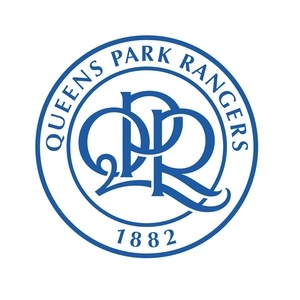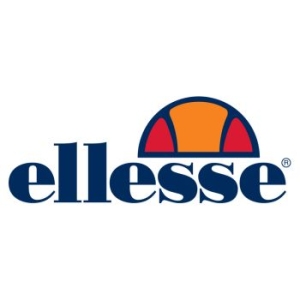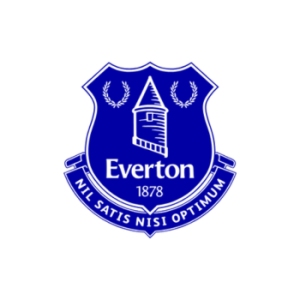Search-a-brandPowered by BRANDSMITHS
Search-a-brand assists you in researching, choosing and building a brand for your company, service or product. Try it out and search with the intended name!
ROBERTO CARLOS
Our work on the defamation case of Roberto Carlos.
In June 2017, the Mail On Sunday published a defamatory article on Brazilian footballer Roberto Carlos, resulting in a media storm of allegations on social media and printed publications.
In June 2017 The Mail on Sunday newspaper published a defamatory article on Brazilian Footballing legend Roberto Carlos.
It was a little bit like the Russian investigation that they did with the Winter Olympics and the Olympics a few years ago. What they did was they put together a long documentary about an hour long. It was actually in English strangely, despite the fact that it was a German broadcaster who put it together. Their angle was Brazil hosted the Olympics in 2016, we have been doing some digging and we think the Brazilian team and the Brazilian athletes, in particular, have been doping. The way they did that was by focusing on football because naturally, everyone thinks of Brazil they think football. They went to see a couple of doctors and there was this one particular doctor with this sort of classic grainy footage of this doctor saying 'yeah I helped the Brazilian footballers dope, in fact, I was the guy who made Roberto Carlos’ thighs' and that was the hook that they chose to present the whole thing. Really this was about you know there is a doping problem within Brazilian sport but they used Roberto as the hook because they knew here’s a name that everybody knows and if we can say that Roberto Carlos doped then that will bring people in and they will read the story, they will watch the documentary and it kind of rolled from there.
Roberto Carlos had never even met the doctor from the documentary.
What followed was a media storm with allegations appearing on social media and in multiple publications.
The documentary came out in June and that’s when, at that pretty much exact point, the media in the UK picked up the story. It was actually The Mail who first sort of ran it and rather than talk about this documentary and you know how there is a doping issue in Brazilian sport they just went straight in and they said ‘Roberto Carlos ex Brazilian footballer in drug cheating storm’ and that he doped in the 2002 World Cup. Of course, the 2002 World Cup was the pinnacle of Roberto’s career, he won the world cup for Brazil and you know they are running this story in The Mail on Sunday which of course is one of the biggest Sunday newspapers in this country saying that Roberto had doped in the World Cup and he then went on to win which was obviously devastating for Roberto. The Mail Online is one of the most widely read websites in the world and you know it got picked up and the next day all of a sudden there were 6 or 7 newspapers that were running the story based on what The Mail had said. No one was looking at it and thinking here’s a documentary with some doctor claiming that he may have made Roberto’s thighs. All of a sudden this is blown out of all proportion because The Mail has run this story saying Roberto Carlos is a drug cheat.
So at that point, Roberto is thinking what can I do? Of course, Roberto’s manager did what any good publicist or manager would do. He put a statement straight out from Roberto denying absolutely everything but that’s not going to be enough and in fact, what happens then is The Mail just post another story online to keep it going and it keeps the story alive. Roberto is adamant that he has not done anything and that he doesn’t even know this doctor and he thinks how can I clear my name that’s the first thing he wants to do. At that point, Roberto or Roberto’s agent thinks you know what we will go to Brandsmiths because they might be able to help. They came to us and said 'right what can you guys do here? Roberto is absolutely devastated about this. This is his reputation, it’s everything he’s got'. Obviously, he is retired now, and he has got his medals, but you know to drag an athlete’s name or a footballer’s name through the mud saying they have doped during their career is possibly the worst thing you could do to an athlete, that’s everything for them.
Within the firm, we had worked on this sort of thing before with different athletes. Andy and I looked at the article and we thought you know what this is seriously defamatory. This is dragging Roberto’s name through the mud and it’s about finding out Roberto what do you want here. The first thing he said to me is I want my name cleared and I want The Mail to come out and say we were wrong this is not true. In the end, we managed to help Roberto negotiate a settlement which involved substantial damages paid by Associated Newspapers to Roberto. It also involved removing all evidence of the article, so the article is not there anymore, it’s taken down. Also, more importantly, and this was of course the most important thing to Roberto we managed to agree on the terms of an apology. You know if anyone turned round to him and said 'Roberto Carlos you are a doper aren’t you?' He can say look I took this through the court systems in the UK and cleared my name and here it is for you in black and white at that point it is case closed.
An open statement was read out in court by Roberto’s legal team at Brandsmiths.
Associated Press admitted to the defamation and publicly apologized in court.
Brandsmiths is a trading name of Brandsmiths S.L. Limited which is authorised by the Solicitors Regulatory Authority, SRA No: 620298. Founding Partner: Adam Morallee
Privacy and Cookie Policy | Terms and Conditions | Complaint Procedure | Site by: Elate Global




















































